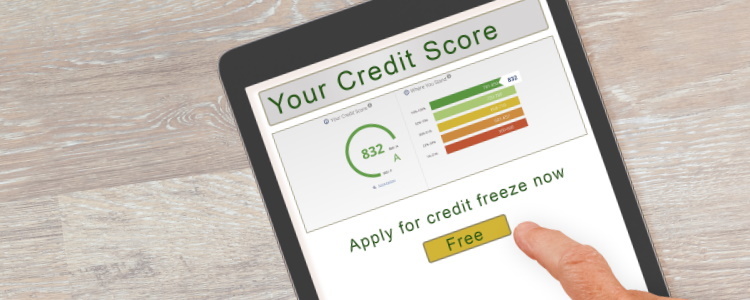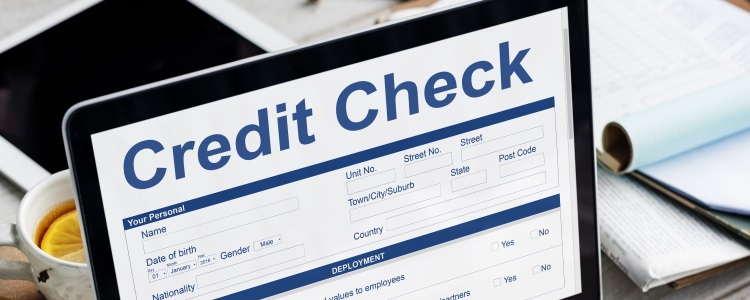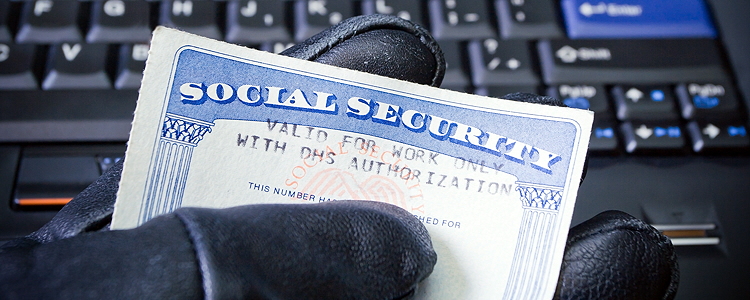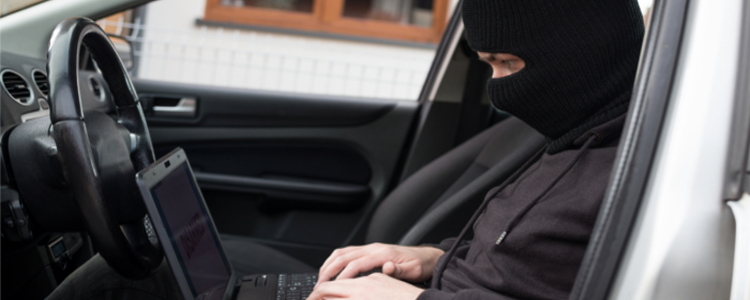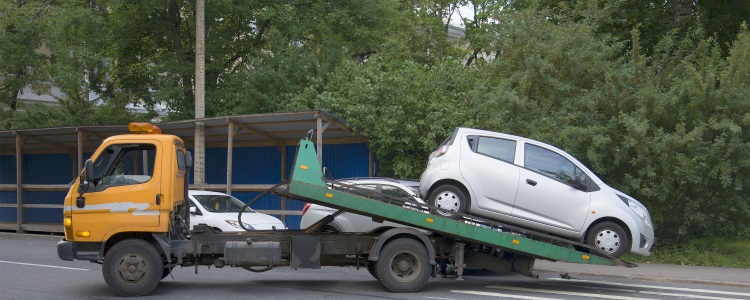Consumer fraud can be hard to detect, but there are ways you can protect yourself from becoming a victim of identity theft. In addition to practicing good spending habits and being careful about sharing personal information, you could implement a credit lock or a credit freeze. The three major credit bureaus – Equifax, Experian, and TransUnion – offer credit locks and credit freezes. While both restrict access to your credit data, there are some key differences between the two actions.
Credit Freeze Basics
A credit freeze, sometimes called a security freeze, is considered the most effective way to prevent others from opening new lines of credit in your name. When you initiate a credit freeze, the credit bureau prevents the release of your credit information to anyone (including lenders) without your consent until you unfreeze your credit file with a personal identification number.
Your credit score and existing credit accounts aren’t affected by a credit freeze. Your score isn’t going to drop because you decided to protect your credit, and you aren’t going to be penalized for freezing your credit while you have multiple lines of credit open and in use.
Credit freezes are free as of September 2018 under a federal law which prohibits credit agencies from charging fees for this service.
Credit Lock Basics
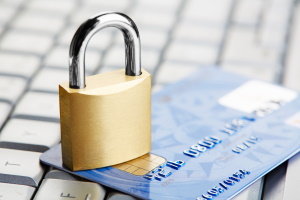 Similar to a credit freeze, a credit lock prevents others from accessing your credit files. The only way to unlock your credit files is by initiating it yourself. Even better, it’s easier to unlock and lock your credit files – there are no personal identification numbers involved, and no waiting period.
Similar to a credit freeze, a credit lock prevents others from accessing your credit files. The only way to unlock your credit files is by initiating it yourself. Even better, it’s easier to unlock and lock your credit files – there are no personal identification numbers involved, and no waiting period.
The downside to a credit lock is the fee that comes with it. Credit bureaus typically charge around $20 a month to keep your credit locked and to keep you updated. It’s difficult to determine how much you’re going to be required to pay for a credit lock. Each bureau offers their own programs, and credit locks aren’t part of the federal law which protects individuals from being charged for credit freezes.
Can I Still Raise My Credit Score after Freezing or Locking It?
If you’re considering opening up a new line of credit such as an auto loan, you should know that a credit freeze or lock doesn’t impact your credit score. The primary reason for implementing a lock or freeze is to prevent identity theft – your score can still move up and down.
Although you can’t open additional credit lines until you unlock or unfreeze it, you can work with the creditors you have now and take steps toward improving your credit score.
If you plan on opening a credit card or applying for a car loan, make sure that your credit lock or freeze is reversed. You can always relock or refreeze your credit once you’ve completed the application process.
Add a Bad Credit Auto Loan to Your Credit Mix
Now that you know the difference between a credit lock and a credit freeze, are you considering adding a line of credit to boost your credit? If an auto loan has been on your mind, but you’re worried your credit is standing in the way, let us help.
At Auto Credit Express, we’ve helped bad credit borrowers find financing for over 20 years by connecting them to local dealerships, and we want to help you too. To get started, all you have to do is fill our free and fast car loan request form. After that, we’ll get right to work matching you with a dealer.
